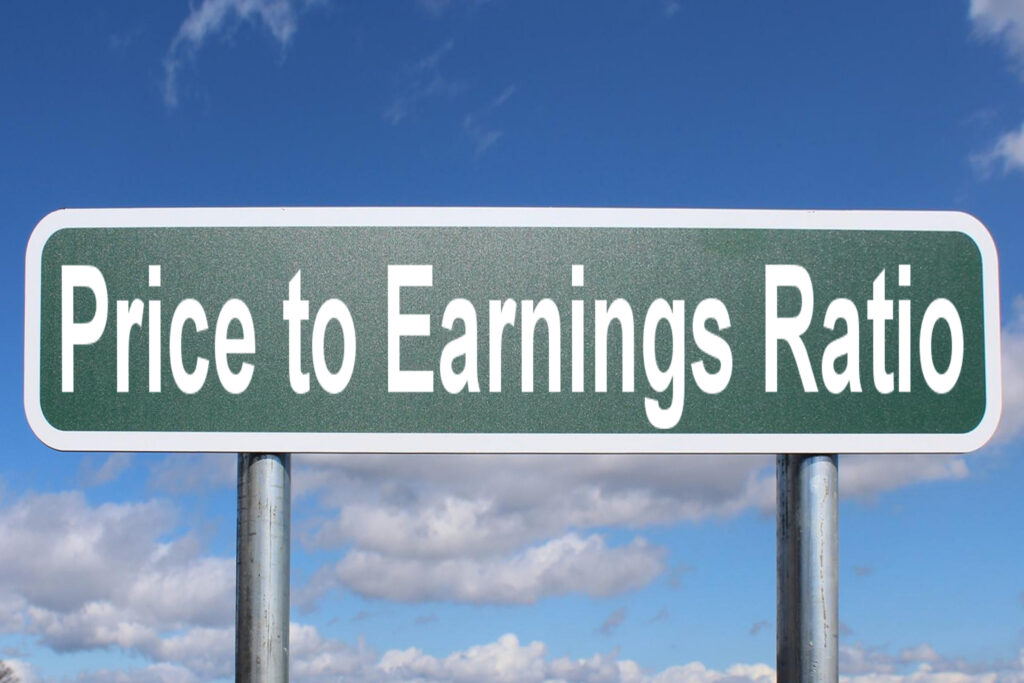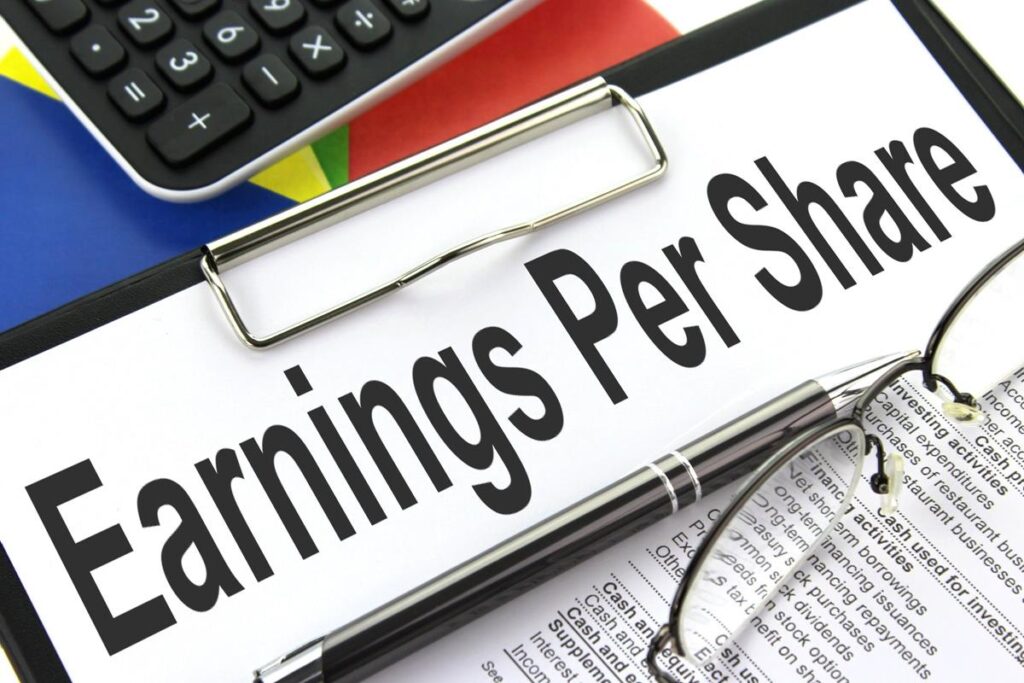If you’ve been investing in stocks, you’ve probably heard about after hours trading. Typically, stock markets operate during regular trading hours, but after hours trading allows investors to buy and sell stocks outside of these hours. In simple terms, you can still trade stocks after the regular market closes or even before it opens, giving investors greater flexibility to adjust their strategies.

What Is After Hours Trading?
After-hours trading refers to stock trading that occurs outside of regular trading hours. The U.S. stock market is open from 9:30 AM to 4:00 PM Eastern Time (ET), but after-hours trading lets you continue buying or selling stocks before or after these times. This flexibility helps investors respond quickly to breaking news or major events that could affect the market.
What Are Pre-Market and After-Hours Sessions?
In the U.S. stock market, after-hours trading is divided into two sessions: pre-market and after hours trading.
Pre-Market Session
- When:
- 4:00 AM to 9:30 AM ET
- Features:
- Pre-market trading allows you to trade stocks before the regular market opens.
- However, during this period, trading volumes are typically lower, which can cause larger price swings due to smaller trades.
- You’ll need to be cautious, as the price can move dramatically based on limited information.
- Still, the advantage is that you can react swiftly to any breaking news that occurred overnight.
After-Hours Session
- When:
- 4:00 PM to 8:00 PM ET
- Features:
- After-hours trading occurs after the regular market closes.
- Like the pre-market session, it has lower trading volumes, which can also lead to higher volatility.
- Many important announcements, such as earnings reports or economic indicators, are often released during after-hours trading, making it a crucial time for investors to adjust their positions.
Why Is After-Hours Trading Beneficial?
- More Flexibility:
- If you can’t participate during regular market hours, after-hours trading provides a chance to execute trades when it’s more convenient.
- React to Breaking News:
- Major news often breaks before the market opens or after it closes.
- With after-hours trading, you can respond to corporate earnings or economic data immediately.
- Global Convenience:
- For international investors, after-hours trading helps accommodate time zone differences, allowing more accessible participation in the U.S. stock market.
What Are the Drawbacks?
- Lower Volume:
- Compared to regular market hours, after-hours trading has much lower trading volumes.
- This means you may not get your trade executed at the price you want, and prices can be easily affected by small orders.
- Increased Volatility:
- Because of the low volume, price movements can be more volatile, especially when major news is released during this time.
Key Considerations for After-Hours Trading
- Verify Information Carefully:
- With high volatility, it’s crucial to double-check any financial reports or news releases before making trades.
- Corporate earnings or economic indicators can cause drastic price changes.
- Ensure Your Orders Are Filled:
- Due to the low liquidity in after-hours sessions, some of your orders may not go through.
- Always check if your orders were executed, and consider using stop-loss orders to protect against unexpected losses.
- Different Broker Policies:
- Every broker handles after-hours trading differently.
- Some may offer access to specific stocks only, so check with your brokerage platform to understand its policies.
How to Leverage After-Hours Trading for U.S. Stocks
In the U.S. stock market, after-hours trading is widely used, especially for reacting to corporate earnings reports or important economic data. For example, if a company announces positive earnings after the market closes, you can quickly buy the stock in the after-hours session to take advantage of a potential price increase the following day. With the help of advanced charting tools and analysis platforms, you can better plan and execute your trades effectively during these sessions.
FAQs
- Q. Can I trade any stock during after-hours sessions?
- A. No, not all stocks are available for after-hours trading. Some stocks may have limited availability, so it’s important to check with your broker first.
- Q. When should I use after-hours trading?
- A. After-hours trading is useful when significant news or events occur outside of regular market hours, allowing you to adjust your portfolio immediately.
- Q. How can I minimize risk in after-hours trading?
- A. Setting up stop-loss orders and diversifying your trades can help manage risk in a highly volatile environment.
By understanding how to effectively utilize after-hours trading, you can create a more flexible and dynamic investment strategy. Make sure you have the right tools and information to make informed decisions!
Also Read:
https://www.investopedia.com/terms/e/eps.asp
https://www.stockguidebook.com/bitcoin-hits-60k-is-it-the-feds-rate-cut/



